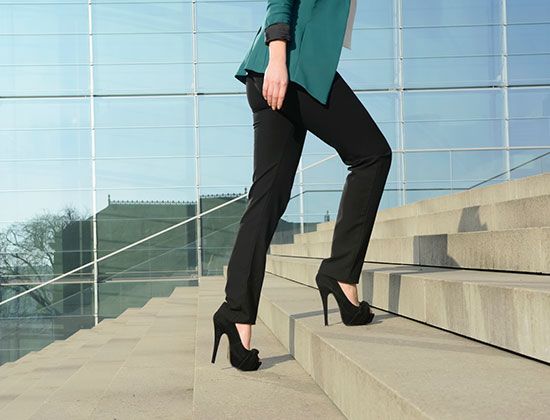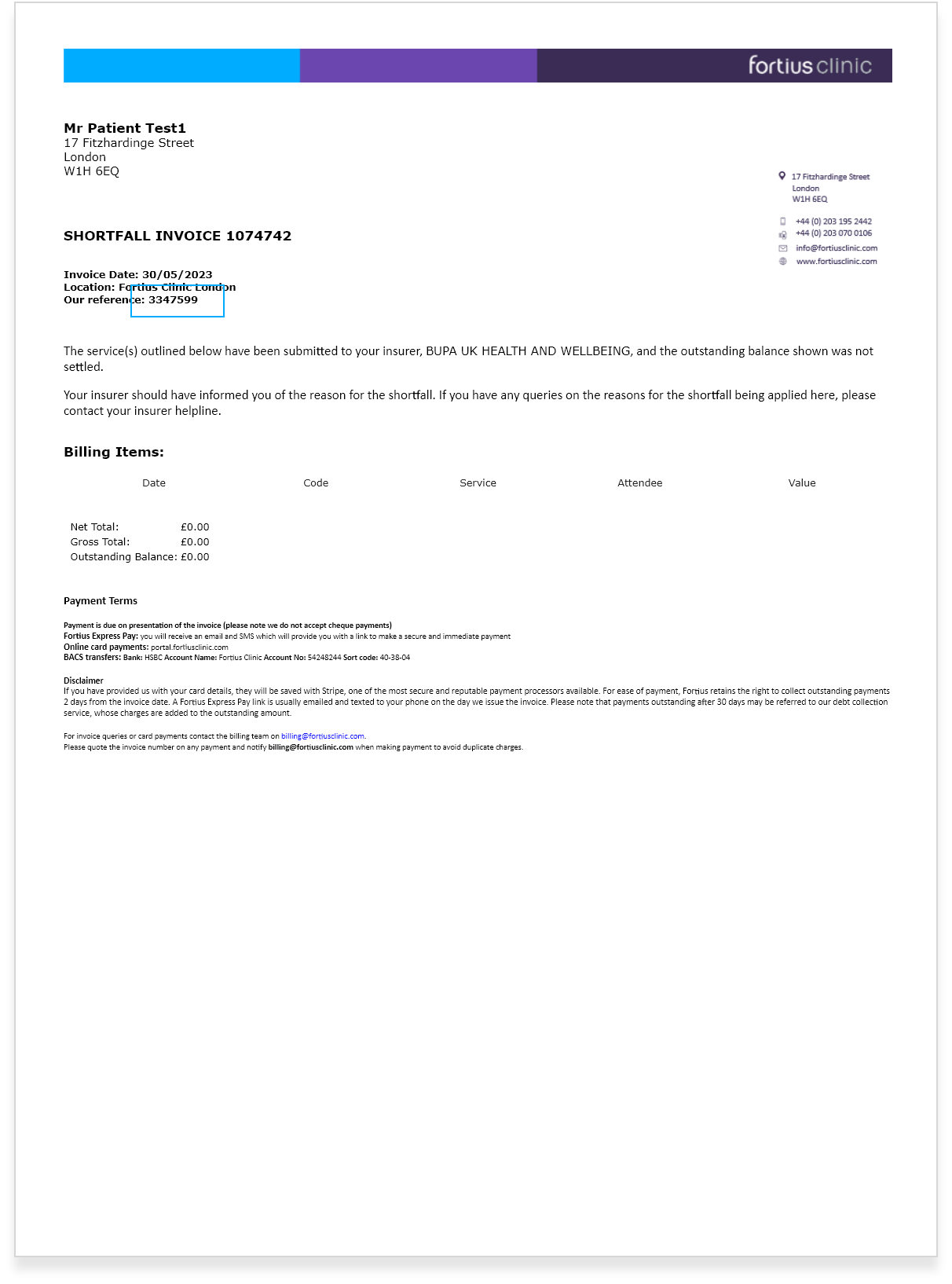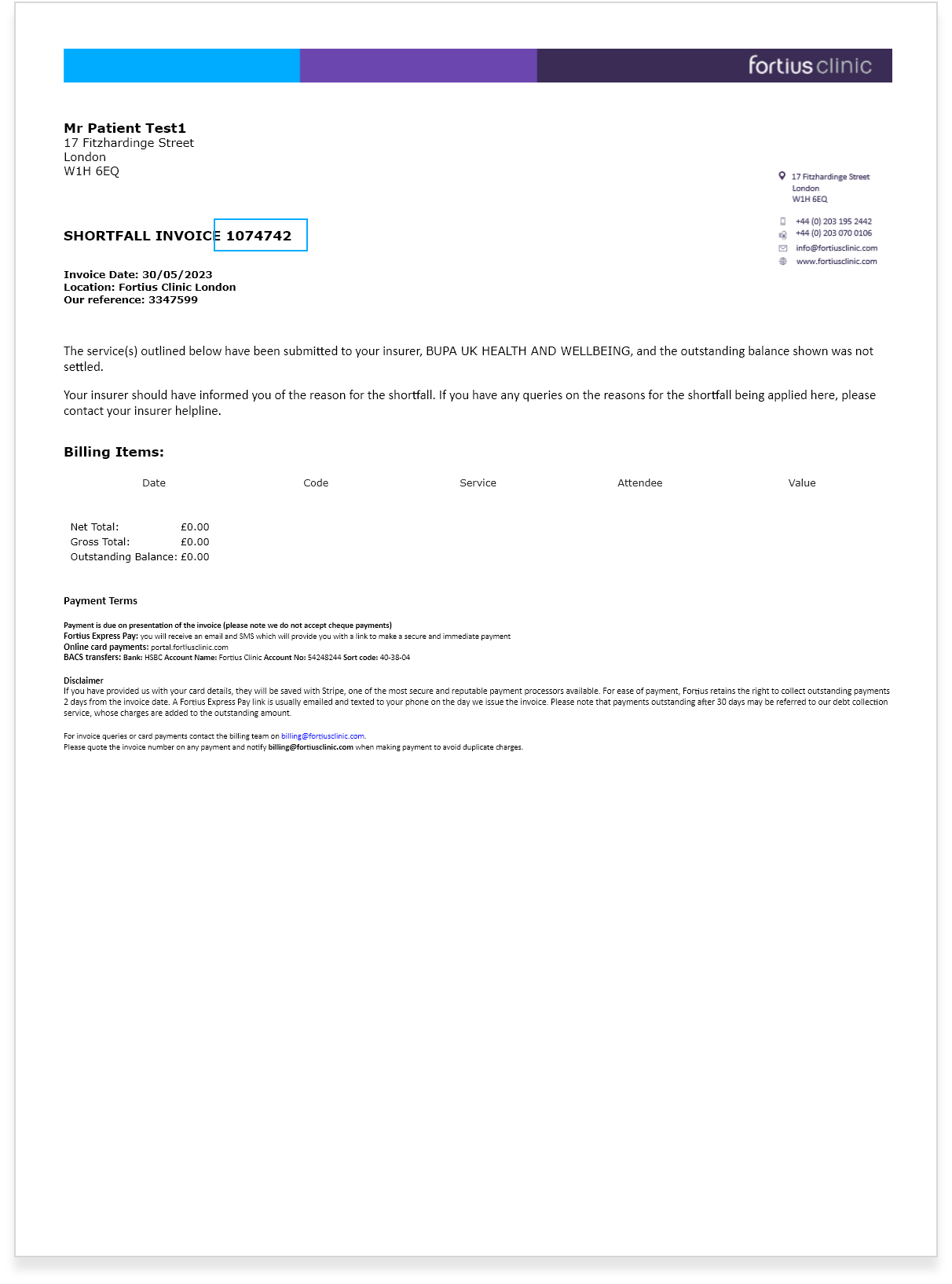Where do you stand...
15 June 2018
Fashion designer Dame Zandra Rhodes told the Today programme that "Wearing heels make me feel more feminine and dressed-up." Many women feel that high heels look good, a fact that’s even been confirmed by scientific research. Researchers at Portsmouth University discovered that wearing high heels change a woman’s gait, reducing stride length and increasing hip swing, and stiletto-wearing women were deemed significantly more attractive than flat shoe wearers.
However, high heels are called killer heels for a reason. Research published last year found that injuries related to high heels is on the rise, doubling in ten years. The most common injuries were in the foot and ankle, making up more than 80%, with less than 20% affecting the knee, shoulder, head and neck. Injuries were mainly sprains with fractures accounting for 19% of all injuries.
Wearing high heels for long periods of time can also affect the muscles, nerves and tendons in the leg and foot and even cause low back pain. Bunions and ingrown toenails are other common concerns. Bunions are bony growths on the base of the big toe, often caused by too tight shoes. Another problem linked to too tight shoes are hammertoes, where the muscles in the toes become permanently bent. Corns are a build-up of keratin on the base of the foot caused by pressure and they can be incredibly painful.
Wearing a heel forces the toes into an unnatural position as the foot moves forward in your shoe. You weight is distributed incorrectly and your body tilts forward causing you to overarch your back to compensate, which can result in sciatica, where the nerves become trapped. The muscles and tendons in the leg shorten and your Achilles tendon can become permanently damaged, meaning it’s painful even when you put on your flat shoes.
What can you do to avoid problems with high heels?
Foot and Ankle Consultant Surgeon at the Fortius Clinic, Mr Ioan Tudur Jones, believes there are some simple measures to follow if you don’t want to hang up your heels:
- Don’t go too high: lower heels of an inch or two would be best as anything over three inches can start to shorten the Achilles tendon
- Consider a wedge: a thicker heel will spread the load and a wedge would be best
- Protect your knees: soft insoles can reduce impact
- A rubber sole absorbs pressure on the nerves in the feet more than leather
- The right size shoe is imperative: too big and your foot will slide further forward and too small and your toes won’t have enough room to move around
- Alternate between heels and flats: don’t wear heels all day, every day. Especially on days that you are doing lots of walking or standing when you should opt for trainers
- Choose straps over strapless: they will offer more support, minimising the chance of falling over
The important thing is to realise you do have options. As Mr Ioan Tudur Jones explains: “Women enjoy wearing high heels despite the pain. And they don’t realise that there is quite a lot surgically that can be done to help them. It is important for them to know there are options to correct defects, especially if they are diagnosed early.” At the Fortius Clinic, we treat a wide range of foot and ankle conditions, including Achilles tendinitis, bunions and toe deformities.
The consultants at Fortius Clinic are committed to continual research and education to provide the very highest standard of care and best possible outcomes for their patients.


